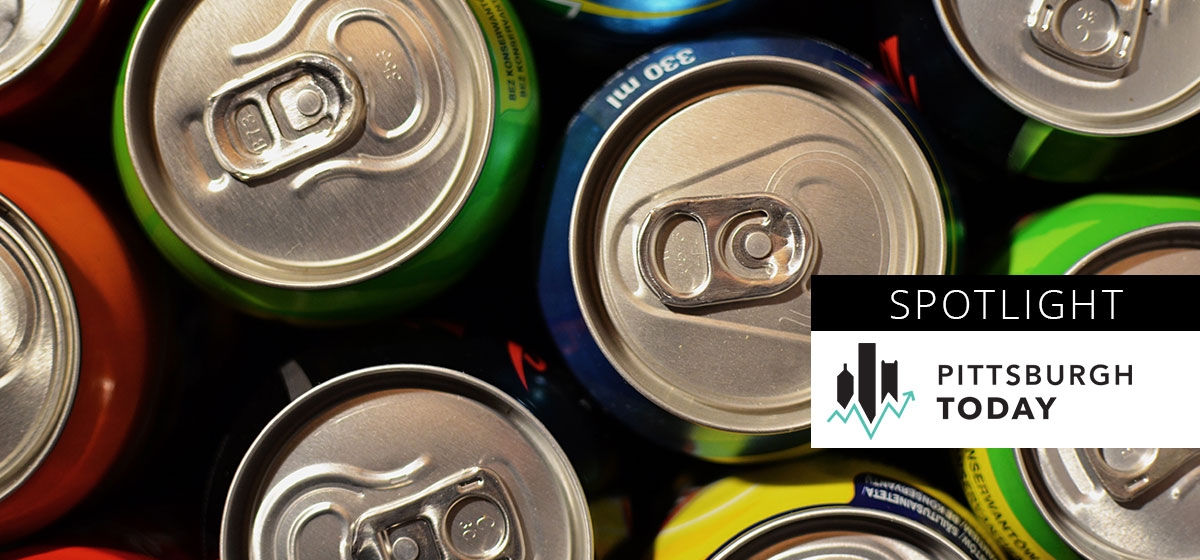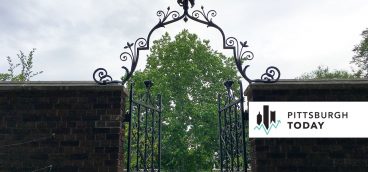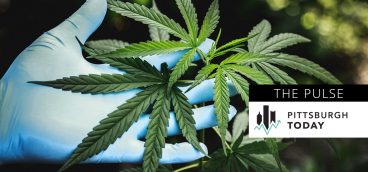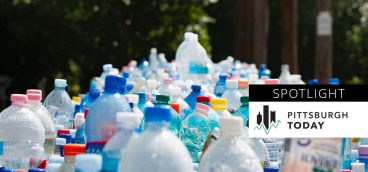Soda Tax Works in Philly, but Officials Here Aren’t Sure They Can Do It

Taxes on sugary beverages seem like a sweet deal with their potential to whittle down obesity and diabetes rates while boosting city revenues to help pay for things like better schools and parks. Yet, they require broad public and political support to adopt over industry opposition.
Philadelphia, San Francisco and Seattle and several other cities have recently weathered the challenges and adopted some form of a sugar-sweetened beverage tax, which can include soda, sports drinks and juices.
It’s a different story in Pittsburgh, Allegheny County and the rest of southwestern Pennsylvania. Not only are their no such taxes here, but any attempt to enact one in the region would encounter legal and legislative challenges that Philadelphia didn’t have to face.
Fairness and jobs
Legislative issues and industry opposition aren’t the only challenges. One concern is that a sugar-sweetened beverage tax can have a disproportionate impact on the pocketbooks of low-income families, who have a more difficult time absorbing higher prices.
“When they mayor [of Philadelphia] first introduced it as a funding mechanism for universal pre-K, I think that most people would look at it and say that’s a good initiative,” said John Longstreet, president and CEO of Pennsylvania Restaurant and Lodging Association. “The problem is that it’s a discriminatory tax that targets the same people he helped by creating universal pre-K, typically lower-middle to lower-income households.”
The city’s beverage tax is on the distribution of sweetened beverages and does not require distributors to pass the tax on to local dealers and customers.
The beverage industry also argues that the tax has adverse economic implications. Philadelphia lost 1,192 jobs due to the tax and bottlers’ sales dropped by about 30 percent in the city during the first year of the tax, according to a study by the American Beverage Association, an industry trade group. The study also showed that beverage sales increased outside of city, suggesting people left the city to buy the drinks and avoid the tax.
However, a larger study published in American Journal of Public Health found that such taxes don’t result in fewer jobs statewide. Slight declines in beverage industry employment tended to be offset by new jobs in other industry sectors.
What drinks are taxed?
Sweetened drink taxes also raise questions over what types of drinks are included.
In terms of nutritional value, not all drinks are equal. Regular sodas are the low-hanging fruit. They have little nutritional value. Research strongly links them to increased risk for obesity and diabetes, and studies have shown that drinking water instead of a daily soda improves health.
But replacing a daily soda with sugary juice or another sweetened drink does little to help weight management.
Lawmakers in Philadelphia recognized that and extended the beverage tax to juices and other sweetened beverages. In doing so, it taxes less-sinful sweetened beverages such as Diet Coke, which contains no sugar, sports drinks such as Gatorade, which have a some nutritional value for athletes, and almond milk.
While public support for the tax remains murky, the impact on the city budget is clear. In 2017, the Philadelphia Beverage Tax generated $78.8 million in additional revenue for the city.
Hard road to adoption
Philadelphia managed to adopt a soda tax that withstood a legal challenge this year before the Pennsylvania Supreme Court. But as the only classified first-class city in the state, Philadelphia has broader taxing powers than other municipalities, including the City of Pittsburgh and Allegheny County.
“It’s not possible to pass a tax like this right now in Pittsburgh or Allegheny County,” said Allegheny County Solicitor Andrew Szefi. “You would need legislation from the state and then the passage of a local ordinance to make that happen. It requires political will. Could it happen? Sure. If there’s a push to do it and enough legislators at the state level get on board, you’ve got yourself a tax.”
Pittsburgh and Allegheny County have successfully taken that route before, gaining state approval for the Regional Asset District tax, a one-percent sales tax that helps fund the arts, libraries, public parks and other amenities. The county also won legislative support for a tax on the sale of alcoholic beverages in bars and restaurants to help fund public transit.
The idea of a tax on sweetened beverages interests Karen Hacker, but the director of the Allegheny County Health Department is taking a wait and see position. “I don’t think that people have a sense of the pulse right now. The first step was to see what happened with Philadelphia.That opens the door. Doing these kinds of things take a lot of work, a lot of bandwidth. It’s not something the health department can do on its own.”





